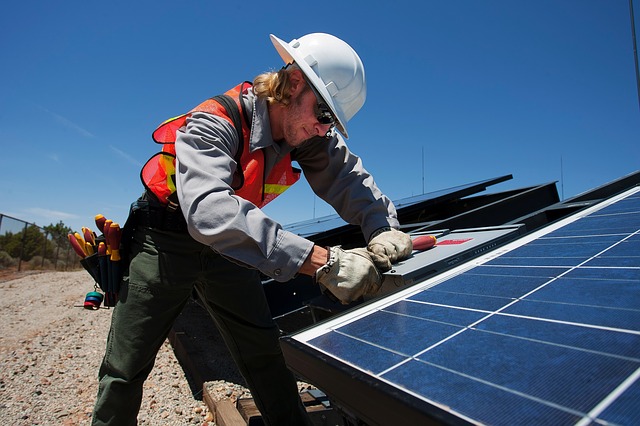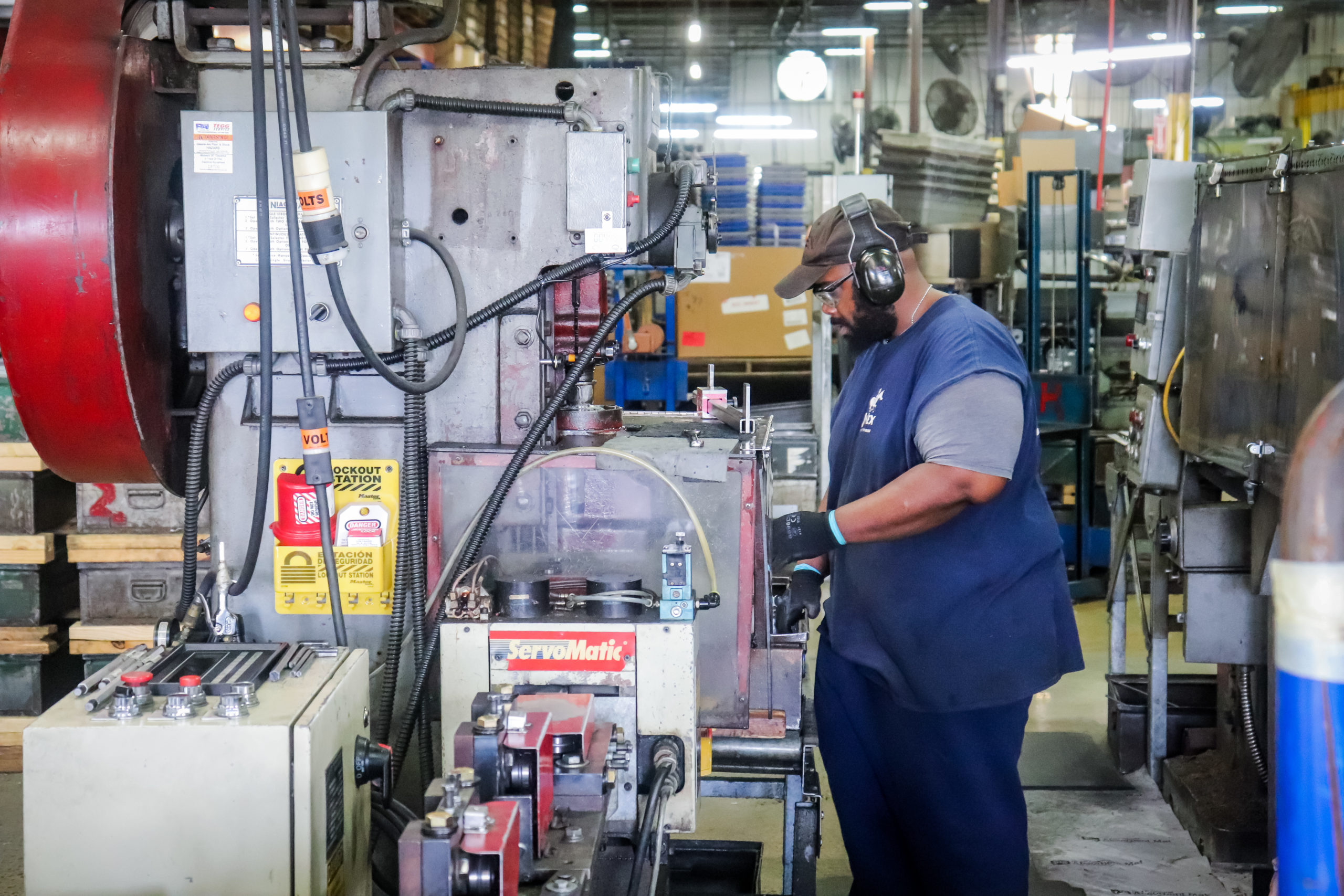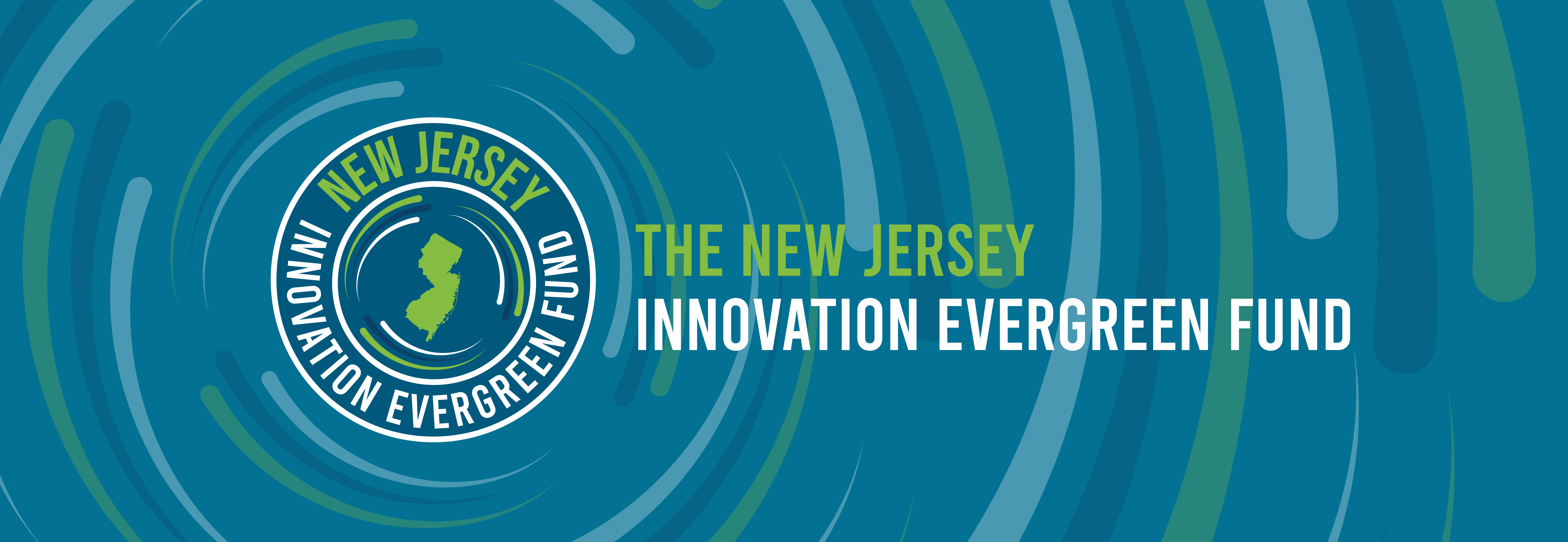NJEDA.com contains a link to translation services provided by Google™ Translate, a free online translation service. Google™ Translate is subject to its own terms of service, which can be viewed at (https://policies.google.com/?hl=en). The link does not constitute affiliation, endorsement, support, or approval of Google™ Translate.
Neither the NJEDA nor the State of New Jersey (collectively, the “State”) reviews the services, information or content provided by Google™ Translate. Information translated by Google™ Translate may not be accurate or current and is used at the user's sole risk. The NJEDA has no obligation to offer translation, and this service could change or be discontinued at any time.
The State expressly and fully disavows and disclaims any responsibility or liability in respect to any cause, claim, or consequential or direct damage or loss, however described, arising from the use of Google™ Translate.
NJEDA.com is provided "AS-IS" with no warranties, express or implied, and its use confers no privileges or rights.
For additional language assistance, please click here to contact NJEDA to request assistance.

































